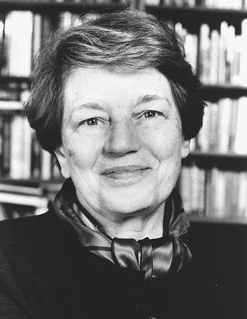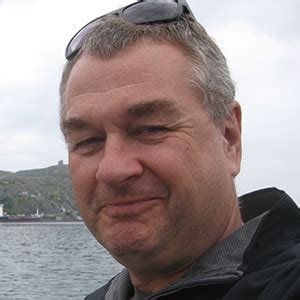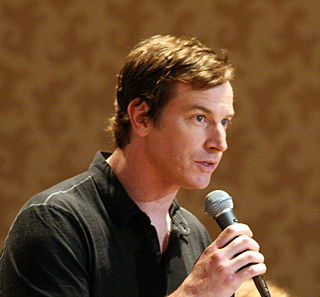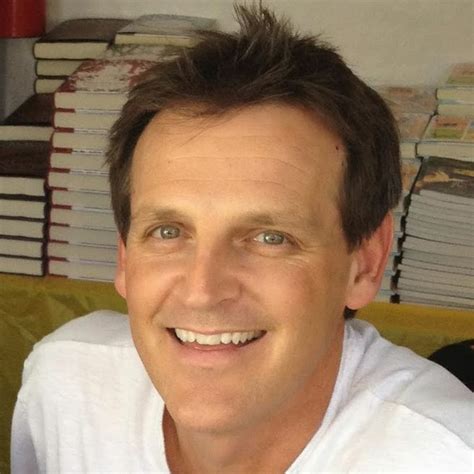A Quote by Seth Grahame-Smith
I wrote one terrible manuscript after another for a decade and I guess they gradually got a little less terrible. But there were many, many unpublished short stories, abandoned screenplays and novels... a Library of Congress worth of awful literature.
Related Quotes
There is something I keep wanting to say about reading short stories. I am doing it now, because I many never have another occasion. Stories are not chapters of novels. They should not be read one after another, as if they were meant to follow along. Read one. Shut the book. Read something else. Come back later. Stories can wait.
I sold my first short story while I was home on maternity leave, then began working on novels. Since I was reading and enjoying romance novels at the time, the first two unpublished manuscripts I wrote were both romances. I sold my third novel, 'Call After Midnight,' to Harlequin Intrigue after submitting it unagented.
I had left the music industry at the end of 2001, after 10 years, and had spent three years writing every single day - producing two unpublished novels, one abandoned novel, and three unproduced screenplays. The word 'no' and I were on more than nodding terms. The word 'no' and I were talking about going on holiday together.
I was a Teletype operator in the army, so that's where I learned to type. One day, I went downstairs to see if I could still type - I hadn't done it for four or five years after the war. So I typed out a page and I showed it to my wife and she said, "Where did you get this?" I said I wrote it. "You wrote this?" It was something very funny. I went and wrote another page, another couple of pages, and by the time I was finished I had 13 little short stories, humorous short stories.
There were others, women with stories that were told in a quieter voice: women who hid Jewish children in their homes, putting themselves directly in harm's way to save others. Too many of them paid a terrible, unimaginable price for their heroism. And like so many women in wartime, they were largely forgotten after the war's end.There were no parades for them, very few medals, and almost no mention in the history books.
How do you feel?” she asked, trying to fluff his pillow. “Other than terrible, I mean.” He moved his head slightly to the side. It seemed to be a sickly interpretation of a shrug. “Of course you’re feeling terrible,” she clarified, “but is there any change? More terrible? Less terrible?” He made no response. “The same amount of terrible?
The resistance to my work, and to my way of writing, has been there from the beginning. The first things I wrote were these short short stories collected in At the Bottom of the River, and at least three of them are one sentence long. They were printed in The New Yorker, over the objections of many of the editors in the fiction department.



































